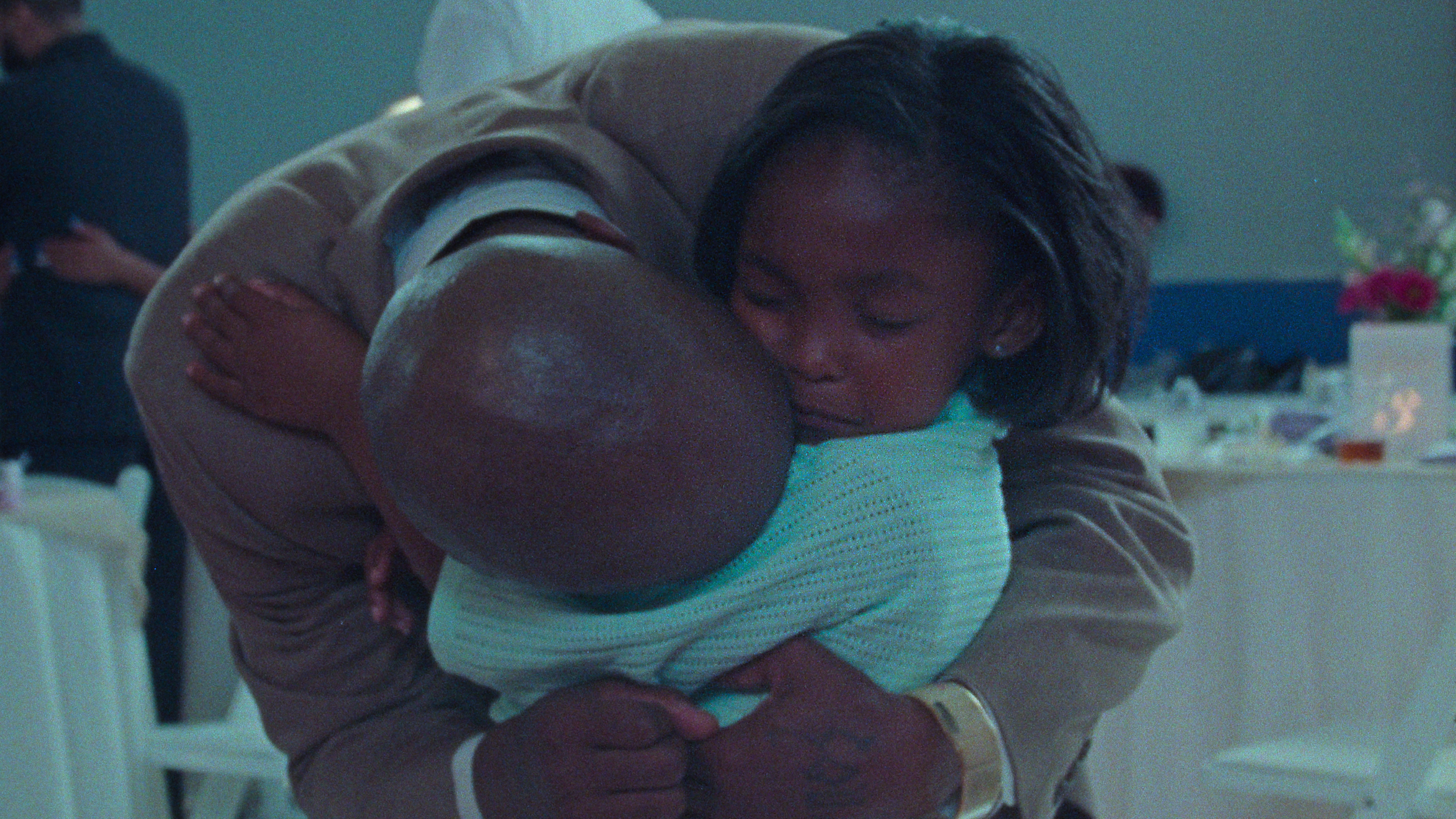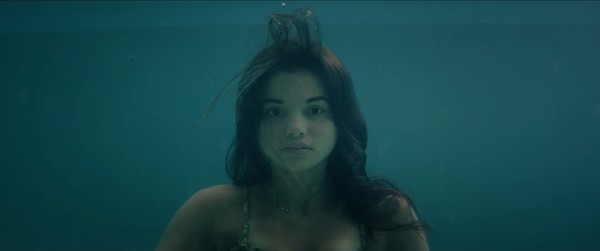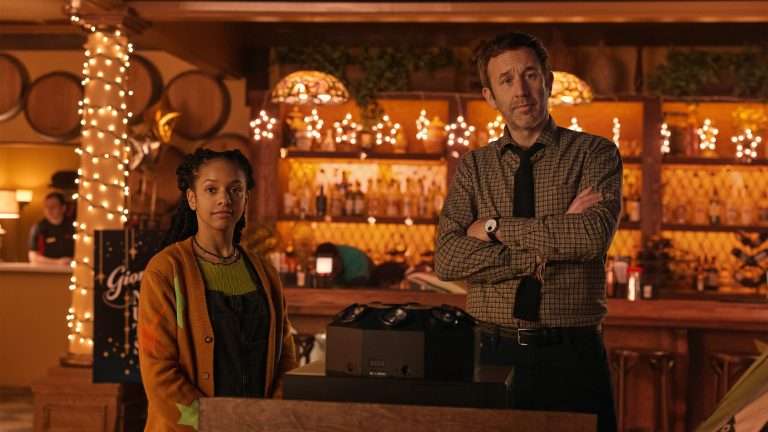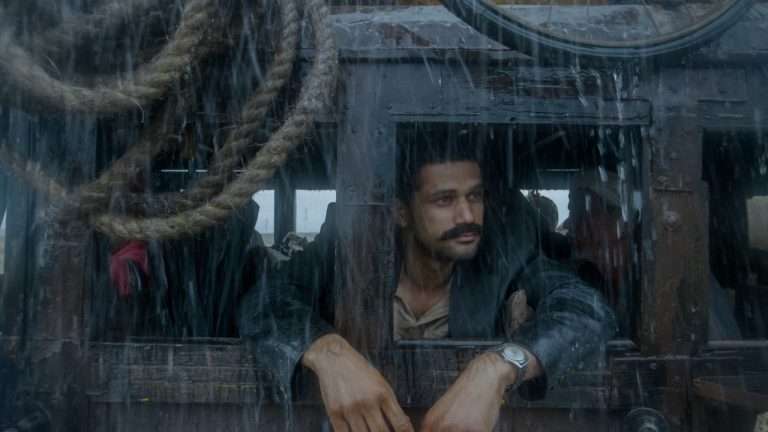Childhood is a crucial part of one’s life. It’s the phase where we learn to make sense of the world we live in based on our circumstances. It’s a significant chapter in our parents’ lives, too. So, one can’t possibly imagine the emotional burden a parent must feel when they cannot experience the child growing up in their presence. “Daughters” (2024), directed by Natalie Rae and Angela Patton, addresses these conflicts. It follows a group of African American prisoners who couldn’t see their daughters grow up. Simultaneously, it explores the effect of physical distance on these daughters, who have to grow up without their fathers.
The film examines the relationships between male prisoners and their young daughters who were left behind upon their arrest. It shares multiple insights to give us a personal look into this subject beyond the facts and data. It reveals that, since 2014, the US prisoners have not allowed face-to-face interactions known as ‘touch visits’ with their loved ones. They can contact each other only through a video call, which they must pay for. The ulterior motives behind such practices seem insidious. However, while shedding light on this topic, the film remains focused on the stories of these daughters and how these things impact their lives beyond their control. The film is more interested in letting these girls realize their future.
Angela Patton, the film’s co-director, passionately works to help young black girls and women see a life of hope and confidence. Her initiative led to the ‘ Date with Dad’ program. It allows the incarcerated men to get a day to spend time with their daughters and to dance with them. In the absence of otherwise physical contact, it feels like a blessing. To be eligible, they need to go through a 10-week program where they are allowed to be vulnerable. It leads to some gut-wrenching discussions that reveal the emotional repression prevalent during their formative years. You sense the warmth and a deep sense of remorse reflected in their eyes as they open up about their past mistakes.
“Daughters” explores narratives of daughters in connection with their fathers. One of them is Aubrey, whose father, Keith, was arrested when she was just a toddler. Her mother, Lashawn, couldn’t explain why Keith suddenly disappeared from their lives and where he is. Still, 5-year-old Aubrey learns math just so she can understand how long her father’s 7-year-long sentence would last. She remains ambitious and earns accolades at this tender age, as Keith advises her.

Santana was conceived when her parents were barely in their mid-teens. Her father, Mark, regrets the choices he made in those years. During the discussions, he shares his newfound realization. As a teen, Santana’s mother, Diamond, was deeply affected by her father’s arrest. If that hadn’t been the case, she may not have sought Mark as a source of comfort. Their stories may have been different. So, he does not want Santana to go through the same journey that Diamond did.
Despite being a teenager, Santana is wise enough to understand the implications of early pregnancy. So, she is determined not to have a child at a young age, seeing what her family had to endure due to their decision. Besides them, the film also explores the relationship between Ja’Ana and her father, Frank, who learned about her birth when she was about three years old. They have a strained relationship as Ja’Ana’s mother has a strained relationship with Frank. So, it seeps into Ja’Ana’s perspective about Frank, making it harder for her to connect with him.
Then there is 15-year-old Raziah, who talks about her emotional struggle as she misses her father, Alonzo. She will soon graduate and need to start her new life. However, she has hardly any memories of spending time with her father. Through all their stories, we see the fathers trying to break the cycle of generational issues and not let them pass down to their offspring. This program offers them a sense of purpose and leads them to realize a sense of responsibility.
Like Tracy McMillan’s “UnPrisoned,” “Daughters” remains compassionate toward these people despite their conflicted past. It understands the value of forgiveness but never antagonizes any side of the argument. Even during the father-daughter dances, it never intervenes in their interactions or expects everyone to be on everyone’s good side. It allows them the grace to untangle the complications in their due time. That’s why even the moments of pure joy in their lives are potent enough to make you weep.
Read More: Everything Coming to Netflix in August 2024
Daughters (2024) ‘Netflix’ Documentary Links: IMDb, Wikipedia, Rotten Tomatoes




![Widow of Silence [2019]: ‘LIFF’ Review – An Arresting and Artfully Restrained Portrayal of Kashmiri Half-widows](https://79468c92.delivery.rocketcdn.me/wp-content/uploads/2019/06/Widow-of-Silence-2018-768x479.jpg)



![Arctic [2019] Review: Mads Mikkelsen At His Best](https://79468c92.delivery.rocketcdn.me/wp-content/uploads/2019/09/arctic-768x432.jpg)